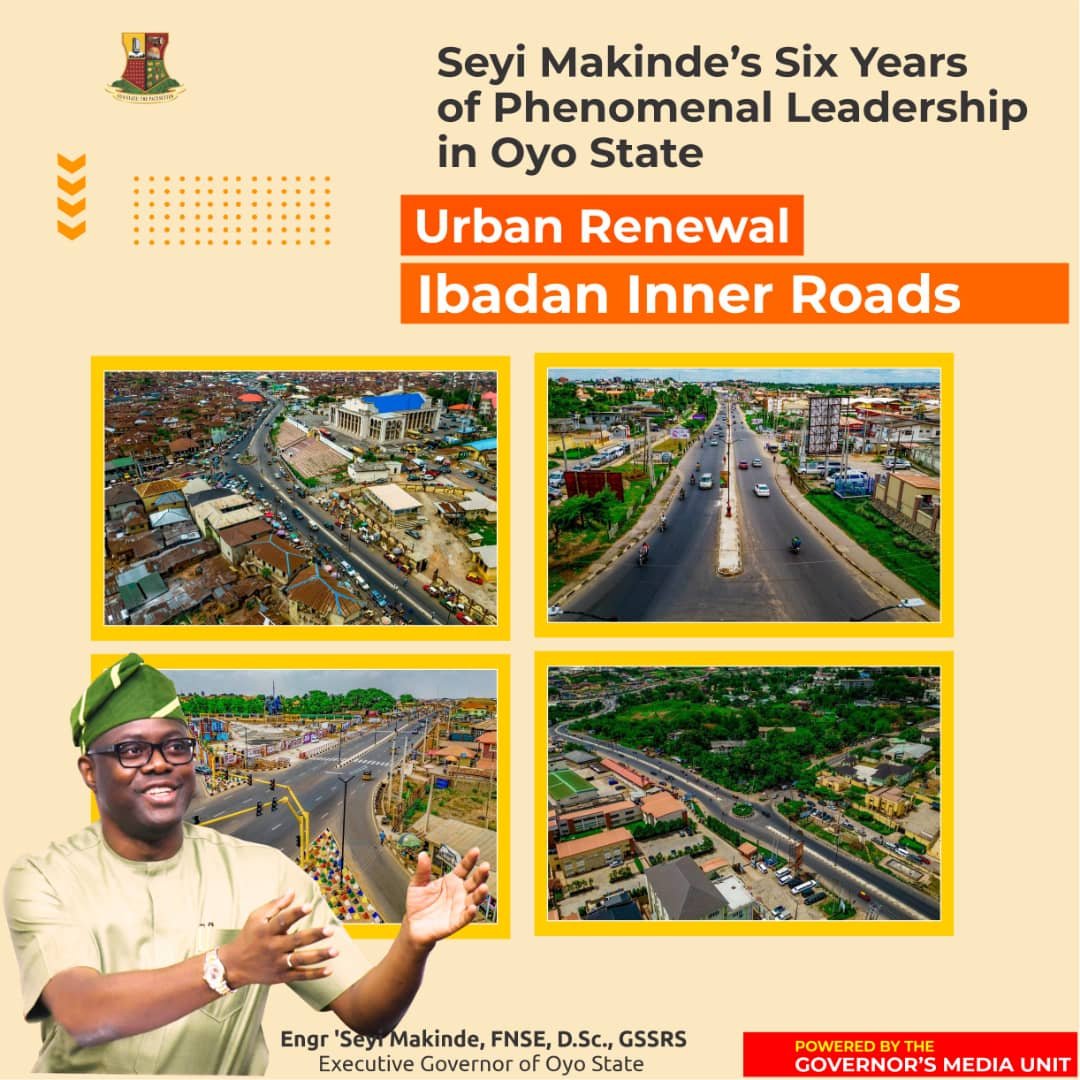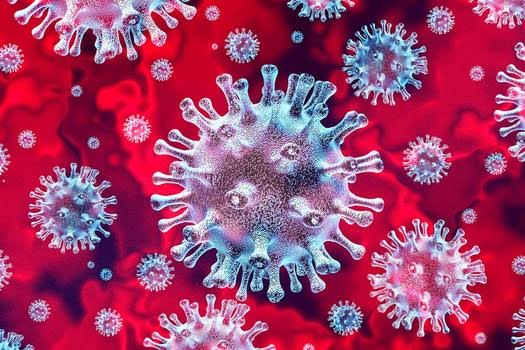By Abiodun Azi
A new study has said that patients isolating before surgery mainly to avoid COVID-19 and its complications – are actually at a 20 per cent increased risk of developing post-operative lung complications compared with patients who do not isolate.
The National Institute for Health Research (NIHR) funded study was carried out by the University of Birmingham-led GlobalSurg-COVIDSurg Collaborative, a global collaboration of over 15,000 surgeons working together to collect a range of data on the COVID-19 Pandemic.
The study said a total of 96,454 patients from over 1,600 hospitals across 114 countries were included in this new analysis, and, overall, 26,948 (28 per cent) patients isolated before surgery.
It said post-operative pulmonary complications were recorded in 1947 (2.0 per cent) patients of which 227 (11.7 per cent) were associated with SARS-CoV-2 infection.
“Patients who isolated pre-operatively were older, had more respiratory comorbidities and were more commonly from areas of high SARS-CoV-2 incidence and high-income countries.
“Although the overall rates of post-operative pulmonary complications were similar in patients who isolated and those that did not (2.1per cent vs. 2.0 per cent respectively).
“Pre-operative isolation was associated with a 20 per cent increased risk of post-operative pulmonary complications after adjustment for age, comorbidities, and type of surgery performed.
“The rate of post-operative pulmonary complications also increased with periods of isolation longer than three days, with isolation of four to seven days associated with 25 per cent increased risk of post-operative lung complications and isolation of eight days or longer associated with a 31per cent increased risk.
“These findings were consistent across various environments whether or not other protective strategies were in place (pre-operative testing and COVID-free pathways), showing that regardless of those other strategies.
“Pre-operative isolation does not seem to protect surgical patients from post-operative pulmonary complications or death.
“Looking at the possible reasons for these unexpected findings, one of the study’s lead authors, Senior Lecturer and Surgeon Dr Aneel Bhangu, (University of Birmingham) pled NIHR Global Health Research Unit on Global Surgery, says: “Isolation may mean that patients reduce their physical activity, have worse nutritional habits and suffer higher levels of anxiety and depression.
“These effects in already vulnerable patients may have contributed to an increased risk of pulmonary complications.
“Further, there is increasing evidence demonstrating that prehabilitation (preconditioning) before surgery improves patient recovery and outcomes.
“It is possible that isolation may have, therefore, conversely led to patient deconditioning and functional decline, adversely influencing their outcomes.
“According to the co-author and national lead in Nigeria, Prof Adesoji Ademuyiwa, College of Medicine, University of Lagos, the result of this study will help institutions in LMICs to formulate appropriate guidelines in critical times like this.
“The authors do however warn that the study does not take into account the risk of transmission of SARS-CoV-2 from patients to other patients and staff in hospital.
“They says the benefits of preoperative isolation are not only for the individual patient but also to other patients and staff in hospitals who are at risk from asymptomatic carriers of SARS-CoV-2.
“Healthcare providers may wish to take these findings into consideration when reviewing local and national guidance.
“Relaxation of pre-operative isolation policies appears to be safe for individual patients, especially in the presence of preoperative testing which this and previous studies showed to be beneficial.
“Selected isolation practices may remain in place in certain conditions (such as high-risk patients and periods of high community prevalence).
“They add further research is needed to explore the most effective method for maintaining patient fitness and conditioning in patients that are isolating, which may include home or remote prehabilitation using tele-health methods.” it said.






























